
Why Do Some People Feel Sad After Eating White Bread?

For some individuals, eating white bread can lead to feelings of fatigue, anxiety, or even depression. This may be due to an immune response to gluten—a protein commonly found in wheat.
It’s not unusual for people to feel inexplicably down, anxious, or emotionally drained after consuming foods made from wheat, such as white bread or pasta. This isn't just a passing mood—it may stem from complex biological reactions related to gluten.
About 10% of the population is thought to have non-celiac gluten sensitivity without knowing it. Additionally, nearly 40% of individuals with celiac disease report experiencing symptoms of depression at some point in their lives. Celiac disease is an autoimmune disorder where the immune system attacks the small intestine in response to gluten. These statistics are prompting scientists to take a closer look at the connection between gluten—a key component in many baked goods—and mental health.
Dr. Deanna L. Kelly, a psychiatrist at the University of Maryland School of Medicine, was once skeptical about the role of food in mental health treatment. But after 17 years of clinical research and leading trials, she has become convinced that what we eat can have a profound impact on brain function.
Her research drew from World War II data, which showed a decrease in psychiatric hospitalizations during wheat shortages. Kelly also explored the work of Dr. Curtis Dohan from the 1970s, who observed that patients with schizophrenia often improved when they removed wheat from their diets. Dohan’s field studies in Papua New Guinea—where wheat was absent from traditional diets—revealed nearly no cases of schizophrenia.
Going further, Kelly’s team conducted clinical trials analyzing antibodies that react to gluten. Their findings showed that individuals with schizophrenia often had abnormally high levels of anti-gluten antibodies. This led to a striking hypothesis: in certain people, gluten may cause inflammation that affects the brain.
Gluten is a group of proteins found in wheat, barley, and rye. It’s widespread in bread, pasta, and many processed foods. In those sensitive to gluten, the immune system mistakes it for a harmful invader, producing antibodies to attack it. This response can lead to inflammation in the gut, damage to the intestinal lining, and allow antibodies to leak into the bloodstream—sometimes even crossing into the brain.
One of gluten’s proteins, gliadin, has a structure similar to the brain’s GRINA receptor. This similarity may confuse the immune system into attacking brain tissue, leading to symptoms like brain fog, fatigue, anxiety, mood swings, hallucinations, or seizures. In some cases, these symptoms are resistant to conventional medications.
The amygdala—a brain region that governs emotions and fear—becomes overactive when inflamed, heightening anxiety. Meanwhile, serotonin, a neurotransmitter linked to mood, is primarily produced in the gut. An imbalanced gut can reduce serotonin production, contributing to depression and anxiety.
Although not everyone reacts negatively to gluten, data shows that roughly 10% of people may have non-celiac gluten sensitivity (NCGS). Furthermore, many individuals with celiac disease remain undiagnosed. A large study of 2,000 celiac patients found that nearly 40% had experienced depression at some point in their lives.
Kelly recounts the case of a schizophrenia patient whose symptoms worsened every time he consumed gluten. Despite family warnings, hospital meals often included gluten, which exacerbated his condition.
It’s not just gluten. Other proteins, such as casein from dairy, may also trigger inflammatory brain responses. Highly processed foods common in Western diets may further aggravate mental health conditions. Modern wheat—responsible for around 20% of global calorie intake—has been cultivated and processed in ways that significantly increase its gluten and gliadin content.
Antibody testing is beginning to reveal important clues. Kelly once correctly diagnosed celiac disease in a young woman who had previously been misdiagnosed, using TTG testing and an intestinal biopsy. In a sample of nearly 1,000 patients, most reported improvements in mood, joint pain, digestion, or alertness after removing gluten from their diet.
About 30% of schizophrenia patients in Kelly’s study had antibodies against gliadin, indicating an immune reaction to gluten.
Kelly now follows a low-carb, nearly gluten-free diet herself. However, she cautions that a gluten-free diet isn’t suitable for everyone, as many gluten-containing foods provide essential nutrients like folic acid. Any dietary changes should be made under the guidance of a doctor or nutritionist.
Another challenge is that individuals with mental illness often struggle to maintain restrictive diets. Gluten-containing foods are cheap and convenient, whereas preparing fresh vegetables requires time and effort.
One epilepsy patient further illustrates the gluten-brain connection. His seizures worsened after eating pasta—even though he tested negative for celiac. After switching to a gluten-free diet, his seizures disappeared completely.
According to Kelly, with today’s brain imaging and antibody testing tools, science is finally beginning to connect the dots between food and mental health. What we put into our gut may profoundly affect the mind.
News in the same category


Discover the Incredible Benefits of Beets: Recipes and Natural Remedies for Your Health

Nighttime Leg Cramps: Causes and Natural Solutions

Owls: Night Guardians and Their Connection to Your Home

Natural Remedies for Itching and Skin Rashes
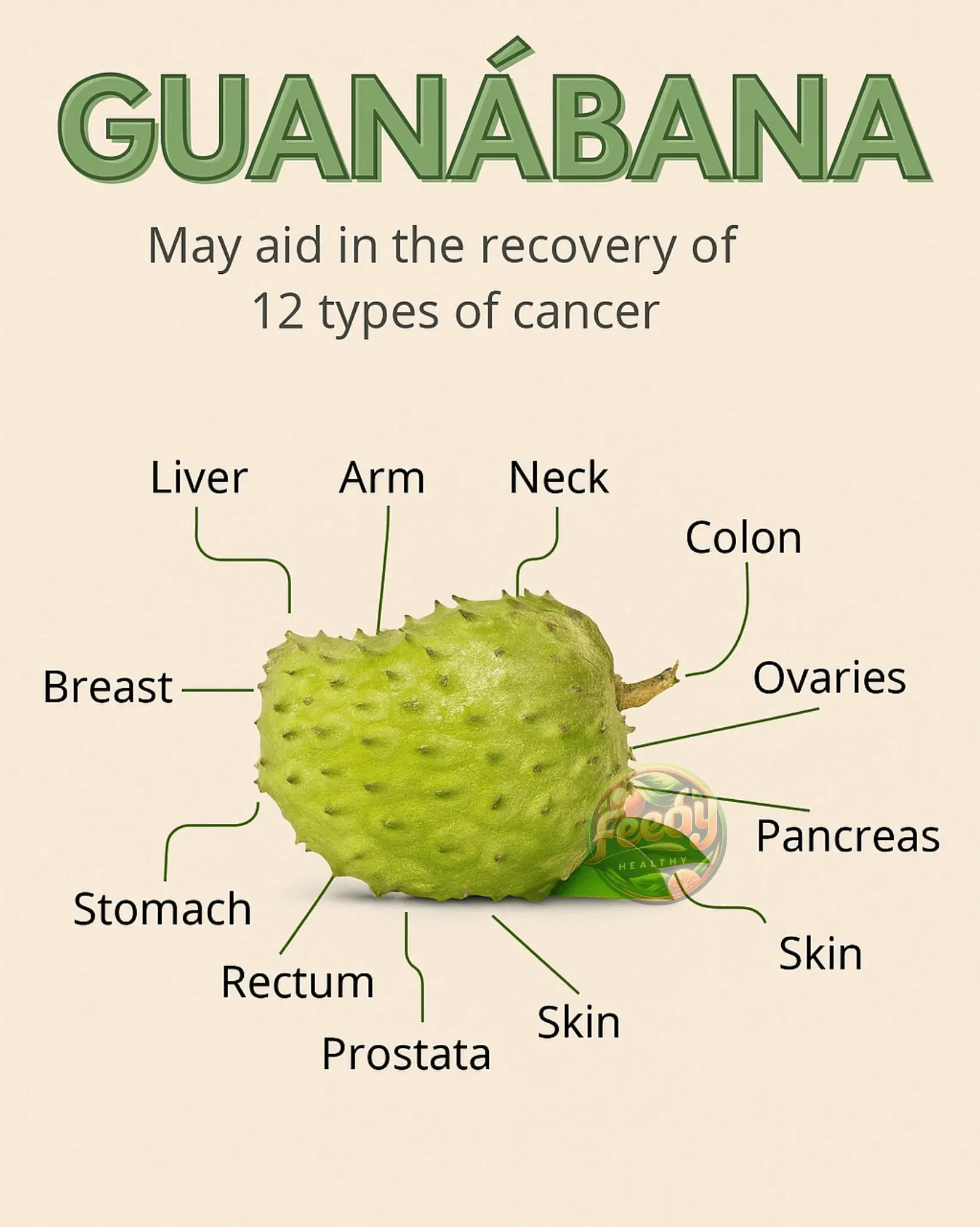
Soursop: A Miraculous Fruit to Strengthen Your Cellular Health
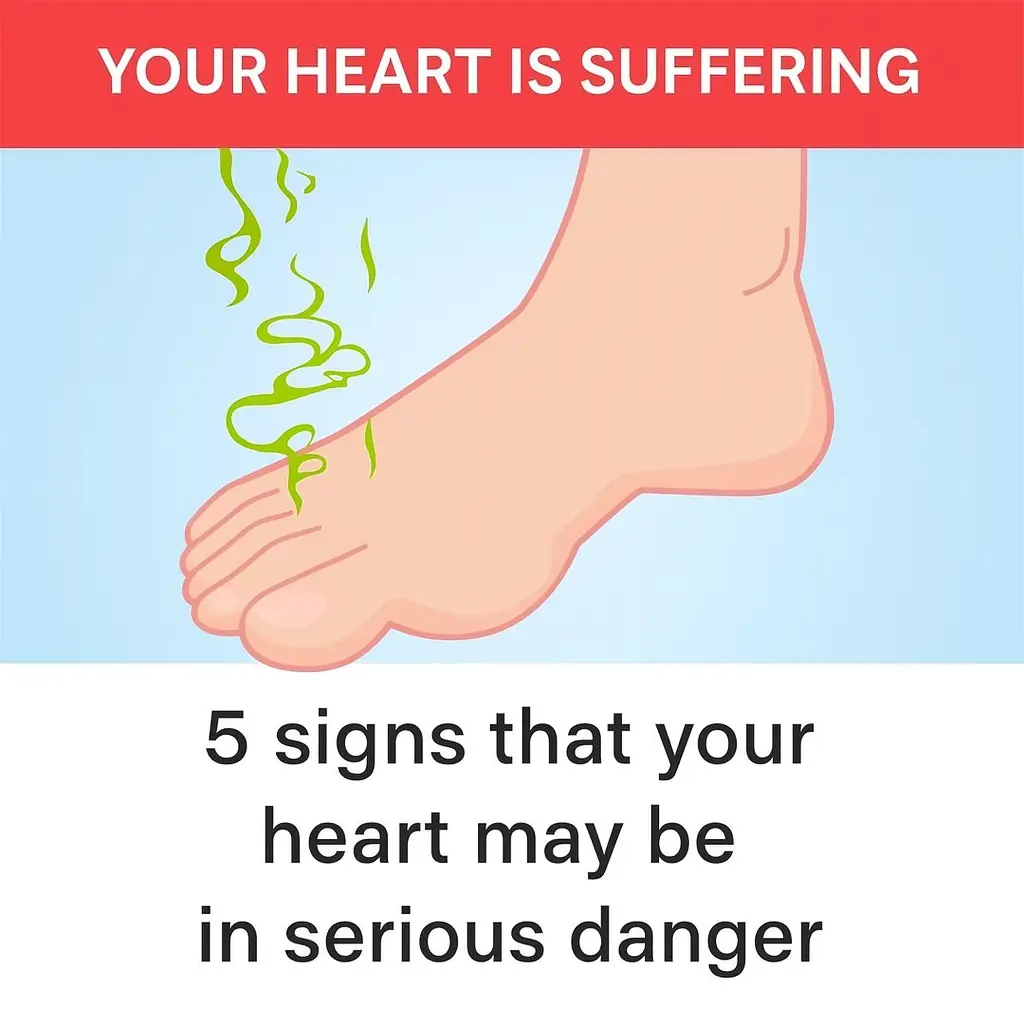
5 Signs Your Heart May Be in Serious Danger
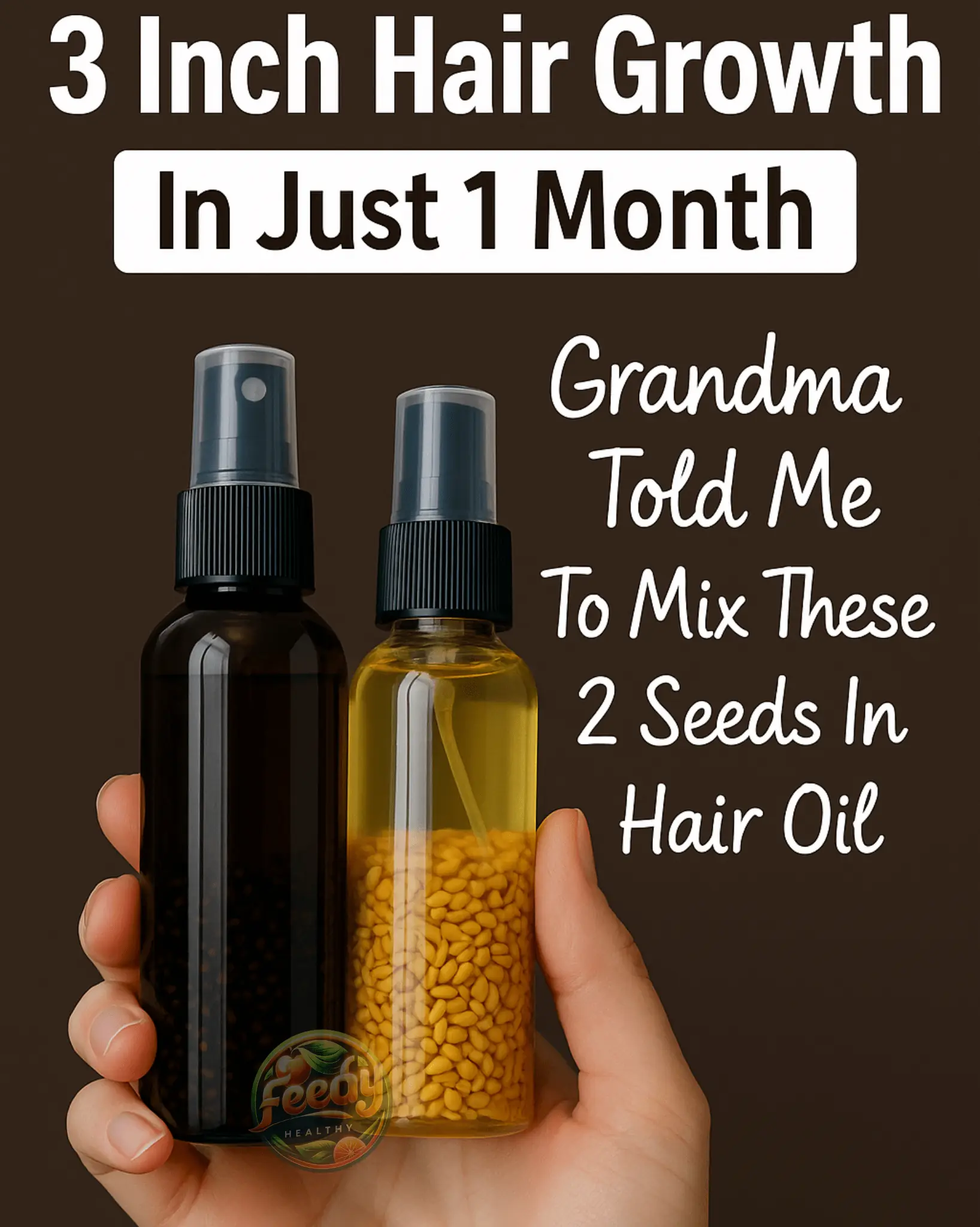
Mix these seeds in oil for long thick hair
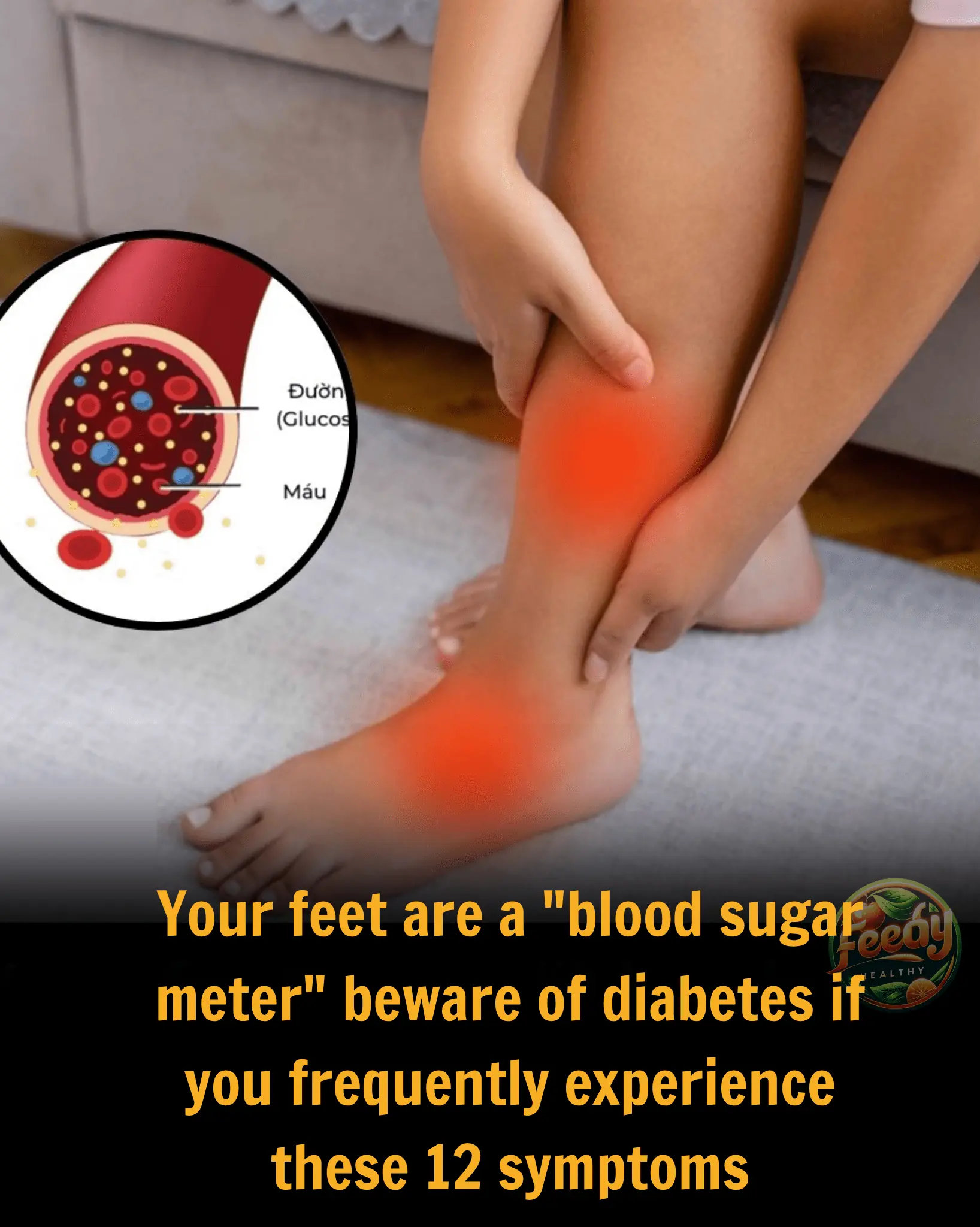
12 Warning Signs Your Blood Sugar Might Be Too Low

Discover the Powers of Moringa: Traditional Recipes and Health Benefits
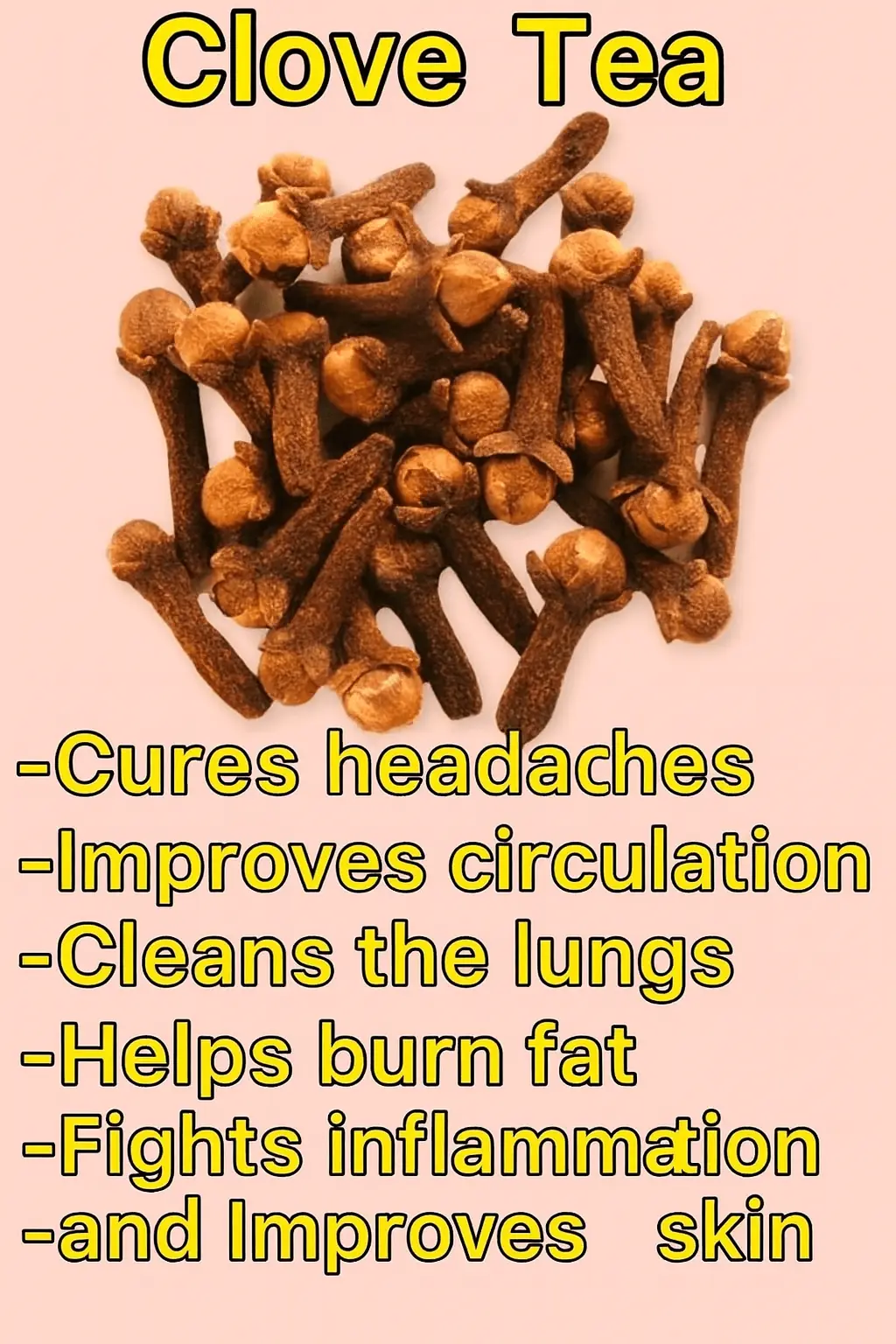
Benefits of Clove Tea: How to Transform Your Health One Cup at a Time
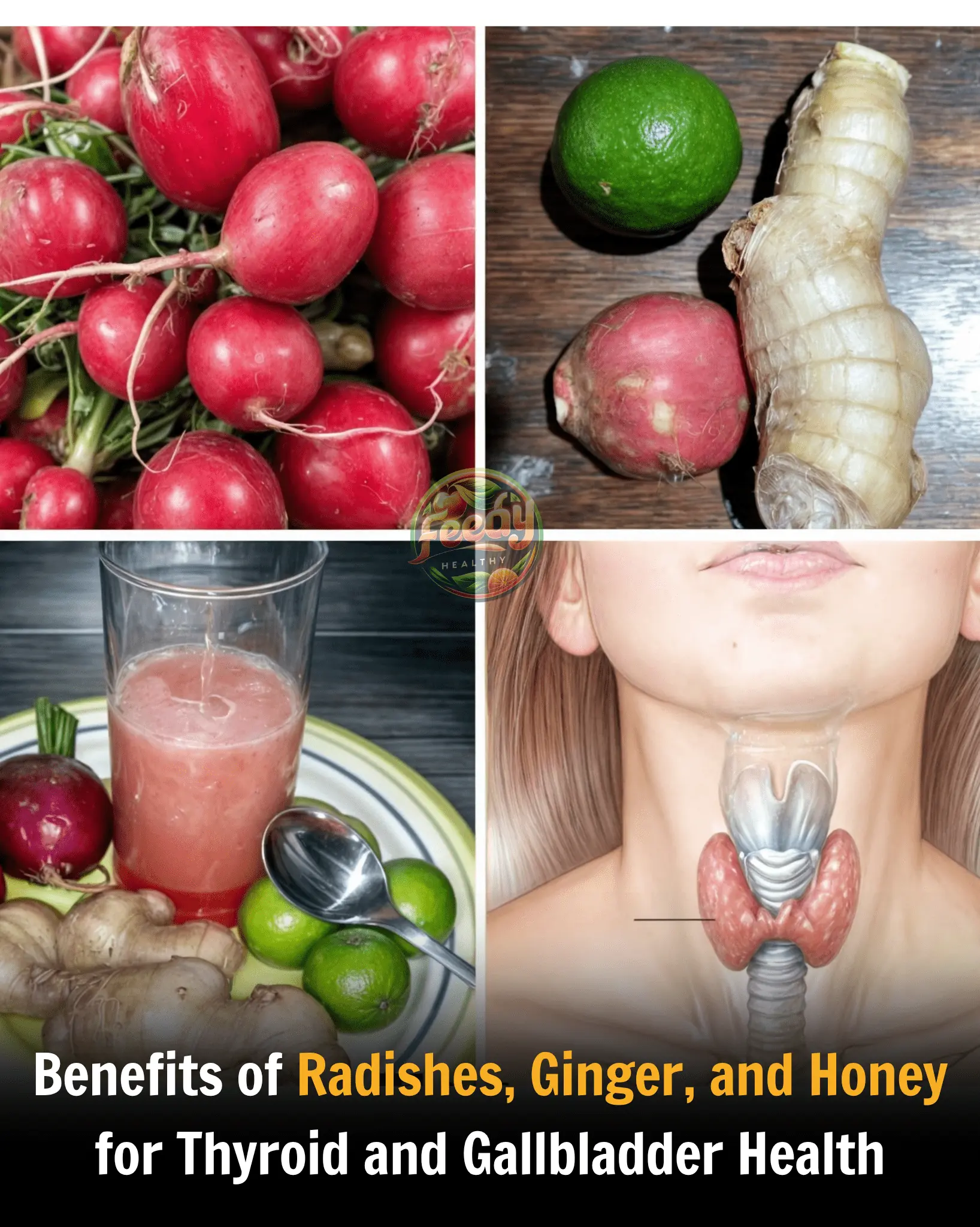
Benefits of Radishes, Ginger, and Honey for Thyroid and Gallbladder Health

Why Do Couples Start Sleeping Separately After Age 50?

The Power of Dates: Benefits for Your Digestive Health
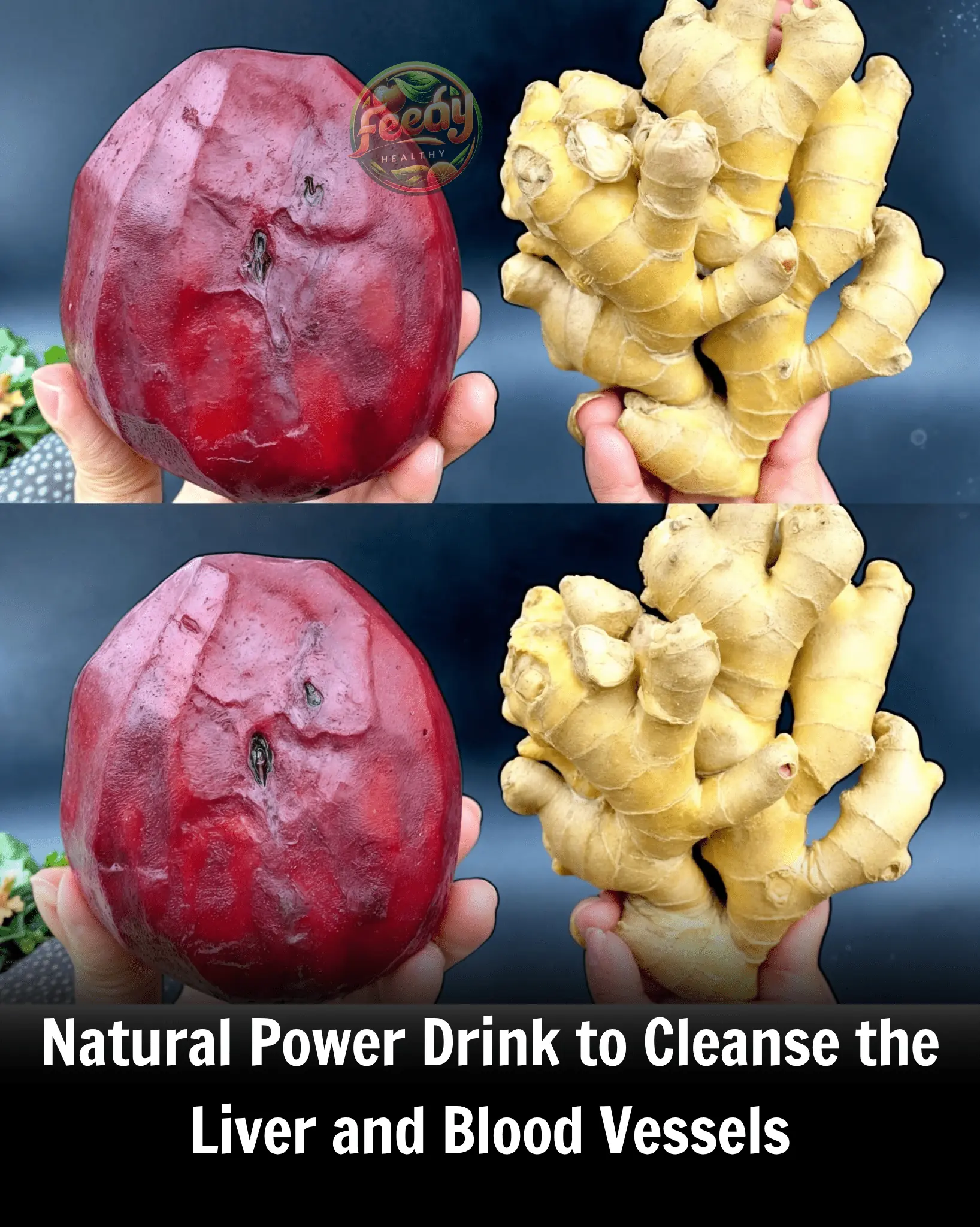
Natural Power Drink to Cleanse the Liver and Blood Vessels: Just 2 Ingredients!

Dietary Adjustments to Improve Erectile Dysfunction and Premature Ejaculation: 3 Often Overlooked Fruits

The Most Harmful Drink for Your Blood Vessels – You Might Be Drinking It Every Day Without Knowing!

Symptoms to Detect Breast Cancer: What You Need to Know
News Post

🌌💙 Celestial Midnight Bloom Cake

💜🌸 Lavender Ombre Layer Cake with Vanilla Buttercream & Macarons

🫐✨ Blueberry Bloom Cupcakes ✨🫐

Clove benefits for Skin – Clove Oil, Clove Gel & Clove ice cubes

Little boy hugs pizza delivery man goodbye: Shortly after, the boy’s mother makes a tragic discovery

Mom shocked by her baby after birth, her words now spread like forest fire!

Man Mocked For Being With 252 LB Woman
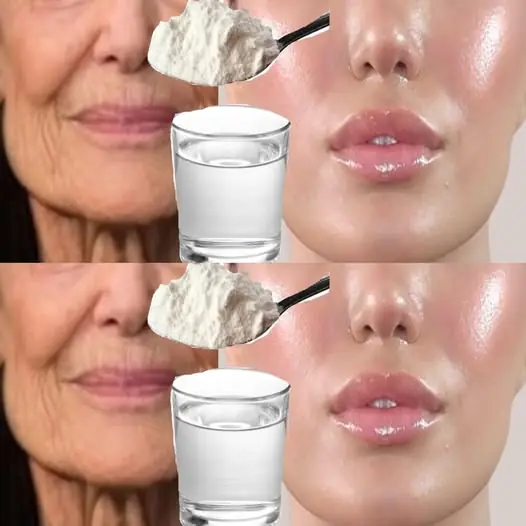
Natural Face Lift with Cornstarch: Say Goodbye to Wrinkles Naturally! 💆♀️

Flourless Pancakes: A Fluffy and Healthy Delight
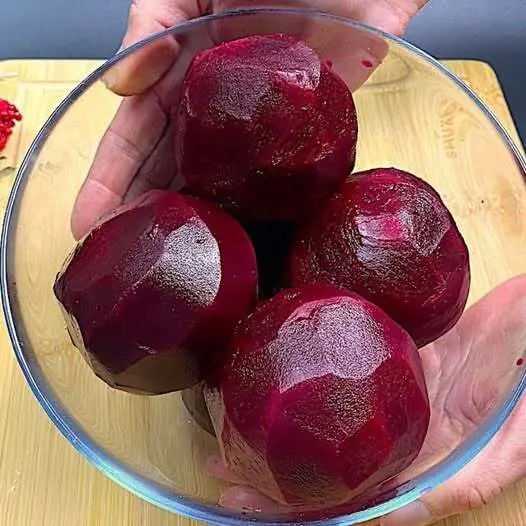
The Best Natural Collagen Boost – Do This Every Night and You’ll Be Amazed! 🌙💪 | Beetroot Collagen Recipe

Blueberry Water: A Refreshing Drink That Loves You Back

Refresh and Revitalize with Watermelon Juice and Ginger 🍉🫚

Delicious & Fresh Salad Recipe 🥗

Discover the Incredible Benefits of Beets: Recipes and Natural Remedies for Your Health

Nighttime Leg Cramps: Causes and Natural Solutions

Creamy Spinach and Mushroom Gnocchi (One-Pan, 20 Minutes)

Spicy Peach Margarita

Owls: Night Guardians and Their Connection to Your Home

☕🍫 Heart-Shaped Mocha Mousse Cake Recipe
